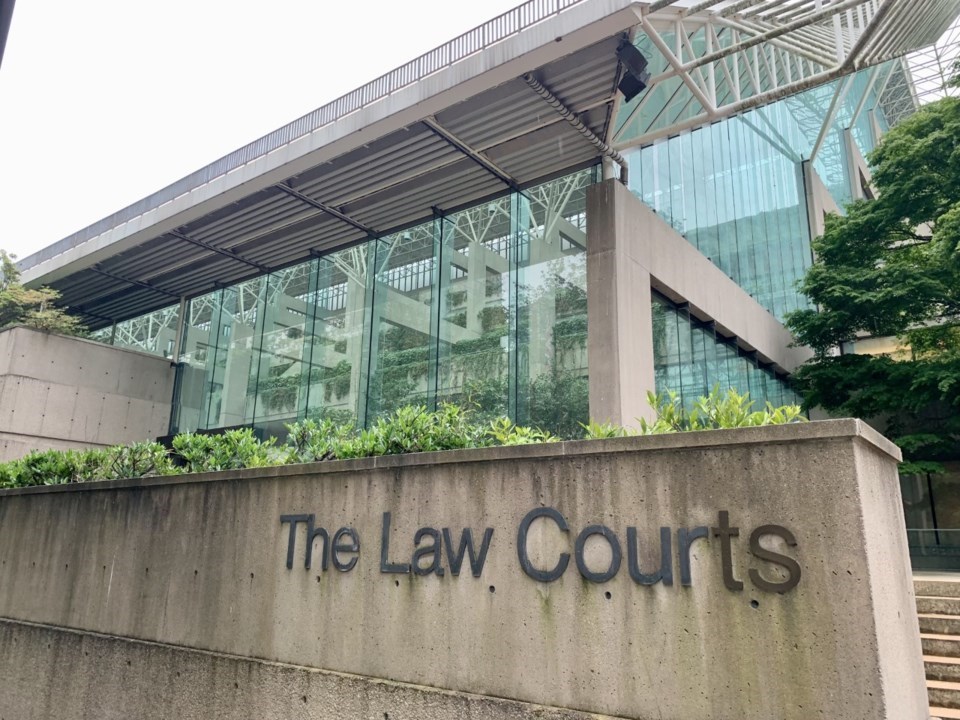B.C. Supreme Court has certified a class action asserting the province’s public guardian failed to open registered education savings plans (RESP) and obtain no-cost provincial and federal government contributions to the plans for children in care.
The Elizabeth Fry Society of Greater Vancouver brought the action on behalf of many children in government care against the Public Guardian and Trustee of British Columbia (PGT) based on its obligation to protect their financial interests in its role as their property guardian, Justice Margot Fleming said in her April 2 decision to certify.
Fleming said in the decision that the society is a registered charity and non-profit society “with a mandate to support marginalized women, girls and children, many of whom are or were in government care.”
The public guardian, she said, is involved in protecting the legal and financial interests of people without the legal capacity to do so themselves.
Fleming noted an RESP is a special form of savings account.
“Its purpose is to save for a child’s future post-secondary education expenses,” Fleming said, adding there are multiple ways such plans can be created through both the federal and provincial governments.
The decision said an affidavit from society chief executive officer Shawn Bayes said the public guardian was potentially responsible for children’s RESPs.
“If responsibility for establishing RESPs for children in care ultimately falls to the PGT, action will be required immediately for approximately 800 child clients,” Fleming quoted the plan as saying. “This activity will be a new line of business that will require resourcing.”
Further, the decision said, the PGT had identified in a 2015 internal memo 1,763 children in continuing care born on or after Jan. 1, 2004 as being affected in the situation.
“Currently, there is no government plan in place to secure and administer (education programs) for these children and failure to act may give rise to legal liability and public criticism,” that memo said.
The claim that initiated the class action said the PGT’s systemic action of not pursuing the plans for children in care was deserving of punitive damages.
Fleming said the society had demonstrated there was an identifiable class of two or more people and could be certified.



